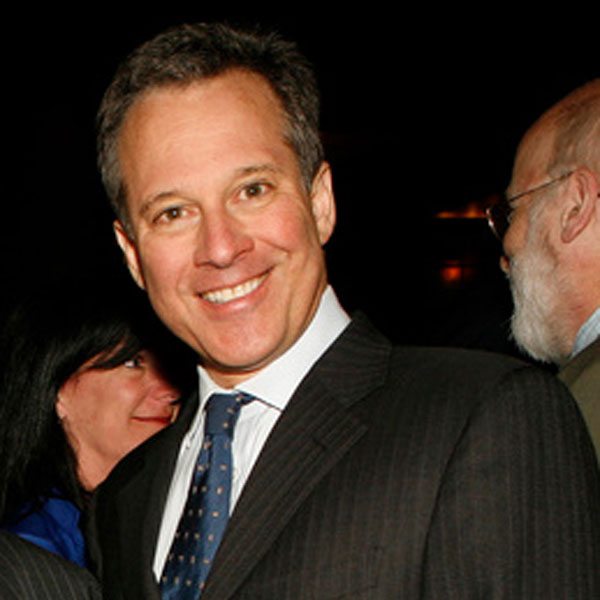
May 7, 2018; New York Times
Three hours after the story of his physical abuse of four women was released by the New Yorker, New York’s attorney general, Eric T. Schneiderman, resigned. He will leave his office at the end of business today. Beyond the shock of the allegations and sudden resignation, this may change the regulatory environment significantly for nonprofits in New York.
In his statement, Schneiderman says, “While these allegations are unrelated to my professional conduct or the operations of the office, they will effectively prevent me from leading the office’s work at this critical time. I therefore resign my office, effective at the close of business.”
Schneiderman, an acknowledged public champion of feminist causes in his role as attorney general, denies the charges, claiming the alleged violent acts took place as part of consensual sex. The four women, who were romantically involved with him at the time of the abuse, reject this explanation. Two of the women interviewed by the magazine, Michelle Manning Barish and Tanya Selvaratnam, sought medical treatment after they had been choked by Schneiderman. Both stated that the violence happened after they had been drinking.
Sign up for our free newsletters
Subscribe to NPQ's newsletters to have our top stories delivered directly to your inbox.
By signing up, you agree to our privacy policy and terms of use, and to receive messages from NPQ and our partners.
“After I found out that other women had been abused by Attorney General Schneiderman in a similar manner many years before me, I wondered, who’s next, and knew something needed to be done,” Ms. Selvaratnam said in a statement released Monday night. “So, I chose to come forward both to protect women who might enter into a relationship with him in the future but also to raise awareness around the issue of intimate partner violence.”
This situation is particularly notable for New York’s nonprofit sector in that Schneiderman has been a very active force among New York’s nonprofits, holding malefactors to account in ways that have been notable. In one case, he brought a lawsuit against two boards for misuse of nonprofit assets, and in another, he held trustees personally responsible for financial misdeeds. He also initiated preventive measures to keep some of the state’s highest profile charities out of management crises. One example of this was in his intervention into the governance at Cooper Union, which arguably had made a series of poor financial decisions that led to their proposed curtailment of their famed no tuition policy. Last year, we reported on his “Operation Bottomfeeder” campaign against fraudulent charities. His office was adept at investigations of such fraud.
Schneiderman was particularly disturbed by scandals that involved questionable relationships between elected officials and charities, establishing in 2012 a database to cross-reference nonprofit with government employment data to flag groups with improper ties to elected officials. Cases of questionable relationships between the two have been many in that state, and Schneiderman was on point on a wide range of them, up to and including the Trump Foundation, which in 2016 he ordered to cease fundraising in New York.
NPQ believes that the consistent vigilance of Schneiderman’s office with regard to nonprofit accountability—and to the state’s accountability to nonprofits—was a force for positive change, and we sincerely hoped it will be carried forward by the next holder of that office.—Marian Conway and Ruth McCambridge













